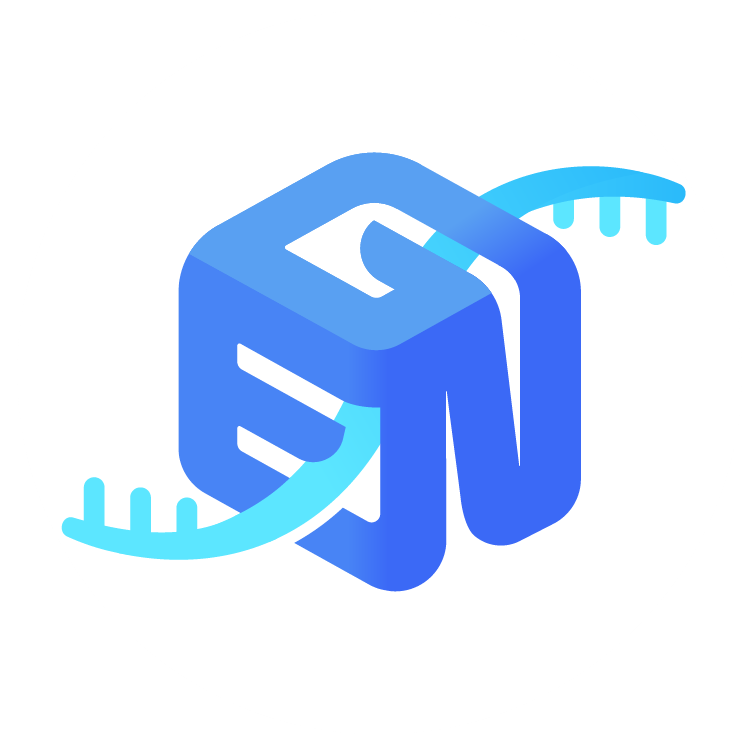

 Gene Expression Nebulas
Gene Expression NebulasSummary: Here, we established a high-throughput drug screening strategy to identify therapeutic candidates that reduce ACE2 levels in human embryonic stem cell (hESC) derived cardiac cells and lung organoids. Drug target analysis of validated hit compounds, including 5 alpha reductase inhibitors, revealed androgen signaling as a key modulator of ACE2 levels. Treatment with antiandrogenic drugs reduced ACE2 expression in both human cardiac and lung epithelial cells and protected hESC-derived lung organoids against SARS-CoV-2 infection. To build an in vitro model of viral infection in human lung tissue, we set out to generate lung organoids from hESC using a slightly modified combination of previously established differentiation methods (Carvalho et al., 2019; Jacob et al., 2017; Miller et al., 2019). We performed single cell RNA sequencing of fully differentiated organoids to unbiasedly characterize the cell types present and validate them as a model of SARS-CoV-2 infection and antiandrogenic drug treatment
Overall Design: Cells during HLO differentiation were harvested on Day 0 (hPSCs), 5, 9, 15, 25, 35, and 50, in duplicates, and used for RNAseq library preparation
| Strategy: |
|
| Species: |
|
| Tissue: |
|
| Healthy Condition: |
|
| Cell Type: |
|
| Cell Line: |
|
| Development Stage: |
|
| Growth Protocol: | Human lung organoids (HLO) were derived from hPSCs as previously described (Carvalho et al., 2019; Jacob et al., 2017; Miller et al., 2019), with minor modifications. Briefly, H9 hPSCs were maintained in mTeSR Plus media and were seeded on Day 0 onto matrigel (Corning) coated surface. On Days 1-4 cells were treated with 100 ng/mL Activin A and increasing concentration of defined FBS (dFBS, HyClone) in RPMI 1640 medium (Thermo), to induce definitive endoderm formation (Day 1: 3 µM CHIR99021 and no dFBS; Day 2: 0.2% dFBS; Days 3-4: 2% dFBS). On Day 4, cells were >95% double positive for CXCR4/CD184 and c-Kit/CD117 as determined by flow cytometry. On Days 5-9 cells were treated with anterior foregut induction medium, containing 10 µM SB431542, 100 nM LDN193189, 2 µM CHIR99021, 1 µM SAG, 500 ng/mL FGF4 in Foregut Basal Medium (Advanced DMEM, 1x B27, 1x N2, 10 mM HEPES, 1x Glutagro (all Thermo), 50 µg/mL ascorbic acid (Sigma), 0.4 µM monothioglycerol (Sigma)). On Day 9, anterior foregut spheroids were harvested by gentle pipetting and transferred into an ultra-low attachment plate, in Lung Organoid Medium I (3 µM CHIR99021, 10 ng/mL BMP4, 10 ng/mL FGF7, 10 ng/mL FGF10, 50 nM all-trans retinoic acid, in Foregut Basal Medium). The medium was changed every two days until Day 15. On Day 15, the medium was changed to Lung Organoid Medium II (3 µM CHIR99021, 10 ng/mL FGF7, 10 ng/mL FGF10, in Foregut Basal Medium). On Day 25 the organoids were embedded in matrigel, in transwell inserts, and grown in Lung Organoid Medium III (3 µM CHIR99021, 10 ng/mL FGF7, 10 ng/mL FGF10, 50 nM dexamethasone (Sigma), 100 µM 8-bromo-cAMP (Sigma), 100 µM IBMX (Sigma), in Foregut Basal Medium). The medium was changed every 3 days. The CHIR99021 was withdrawn on Days 35-42. All media components were from Stem Cell Technologies unless noted otherwise. |
| Treatment Protocol: | - |
| Extract Protocol: | RNA was extracted using Quick-RNA 96 Kit (Zymo) with on-column DNaseI treatment. |
| Library Construction Protocol: | QuantSeq FWD Kit (with UMI module, Lexogen) was used for RNAseq library preparation. |
| Molecule Type: | Total RNA |
| Library Source: | |
| Library Layout: | SINGLE |
| Library Strand: | Reverse |
| Platform: | ILLUMINA |
| Instrument Model: | Illumina HiSeq 4000 |
| Strand-Specific: | Specific |
| Data Resource | GEN Sample ID | GEN Dataset ID | Project ID | BioProject ID | Sample ID | Sample Name | BioSample ID | Sample Accession | Experiment Accession | Release Date | Submission Date | Update Date | Species | Race | Ethnicity | Age | Age Unit | Gender | Source Name | Tissue | Cell Type | Cell Subtype | Cell Line | Disease | Disease State | Development Stage | Mutation | Phenotype | Case Detail | Control Detail | Growth Protocol | Treatment Protocol | Extract Protocol | Library Construction Protocol | Molecule Type | Library Layout | Strand-Specific | Library Strand | Spike-In | Strategy | Platform | Instrument Model | Cell Number | Reads Number | Gbases | AvgSpotLen1 | AvgSpotLen2 | Uniq Mapping Rate | Multiple Mapping Rate | Coverage Rate |
|---|